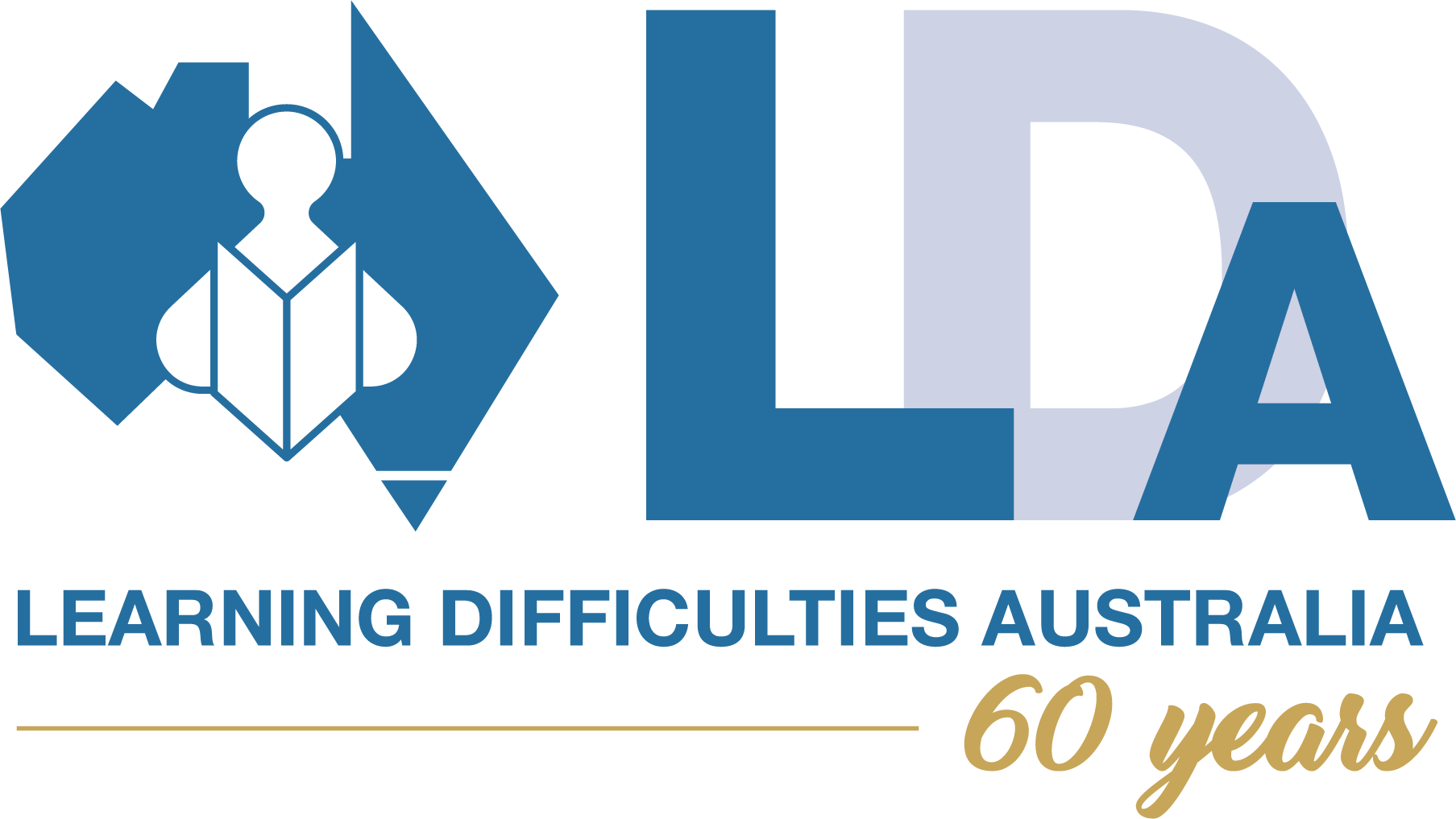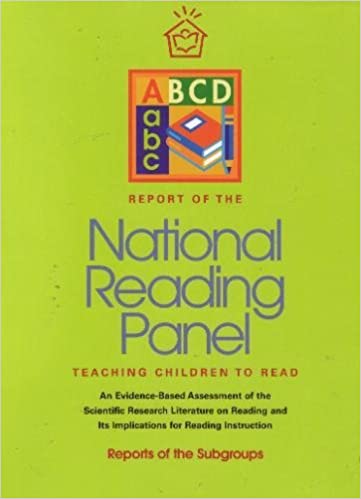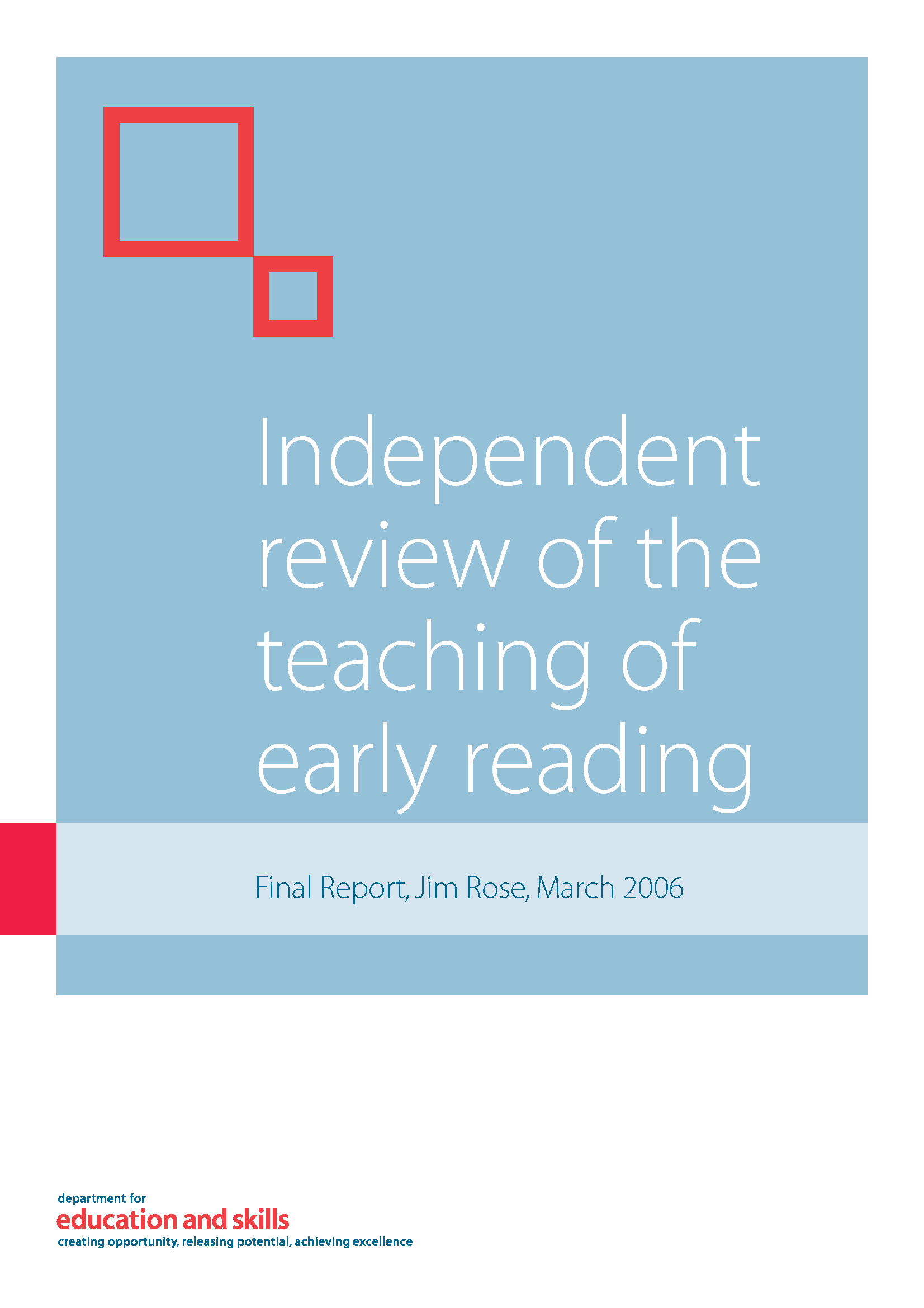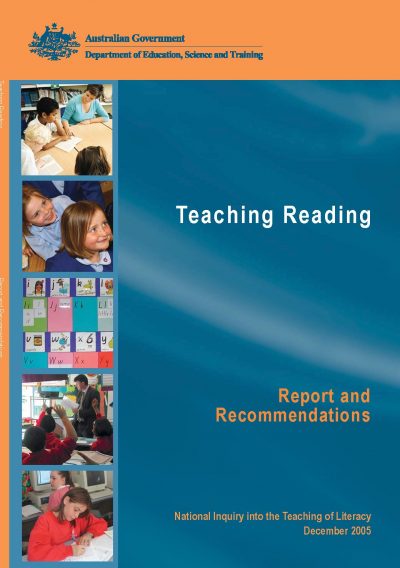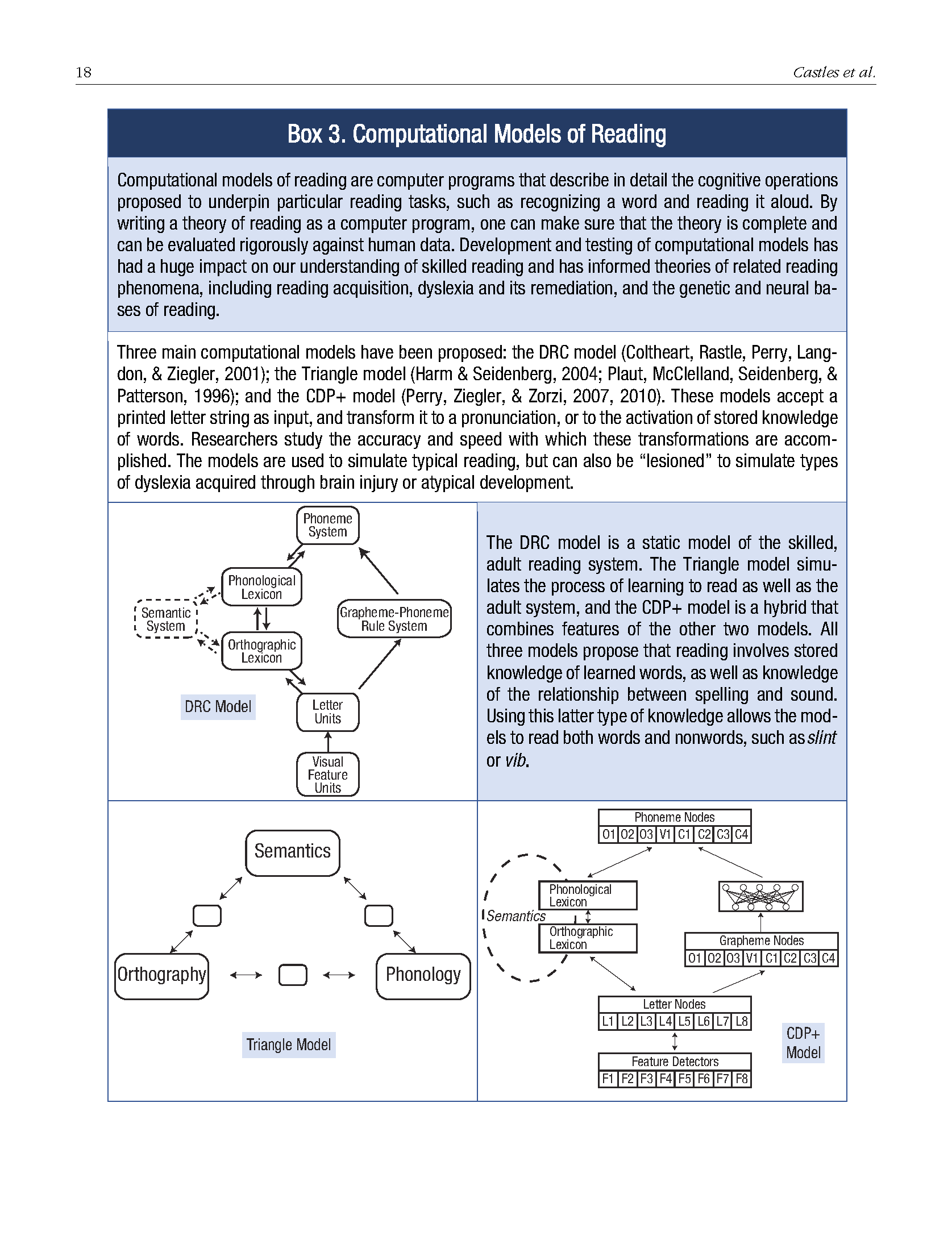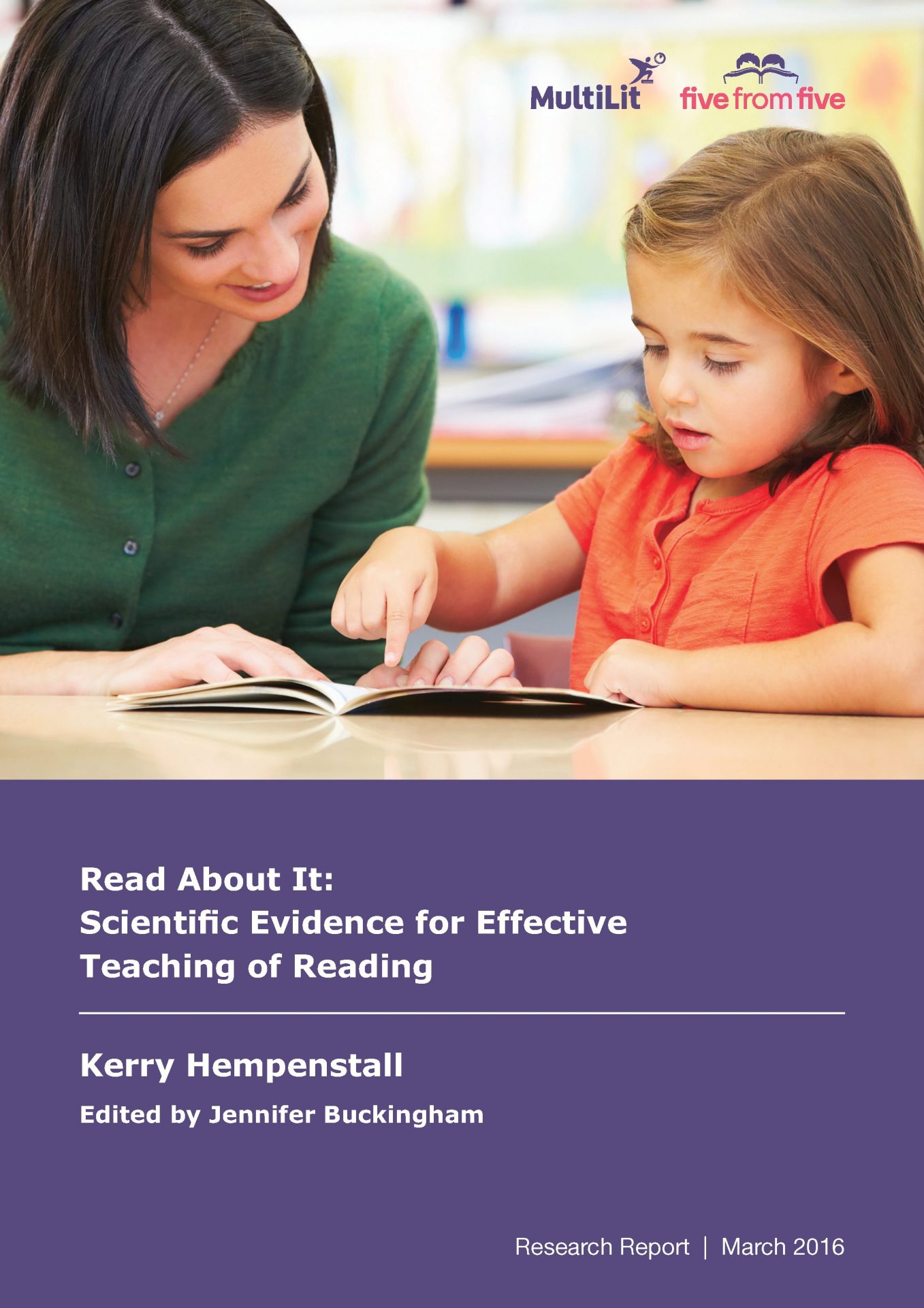In 1997, Congress asked for a national panel to assess the effectiveness of different approaches used to teach children...
In 1997, Congress asked for a national panel to assess the effectiveness of different approaches used to teach children to read. For over two years, the NRP reviewed research-based knowledge on reading instruction. The panel determined that effective reading...
In 1997, Congress asked for a national panel to assess the effectiveness of different approaches used to teach children to read. For over two years, the NRP reviewed research-based knowledge on reading instruction. The panel determined that effective reading instruction includes teaching children to break apart and manipulate the sounds in words (phonemic awareness), teaching them that these sounds are represented by letters that can be blended together to form words (phonics), having them practice what they’ve learned by reading aloud with guidance and feedback (guided oral reading) and teaching them to apply strategies to guide and improve reading comprehension.
